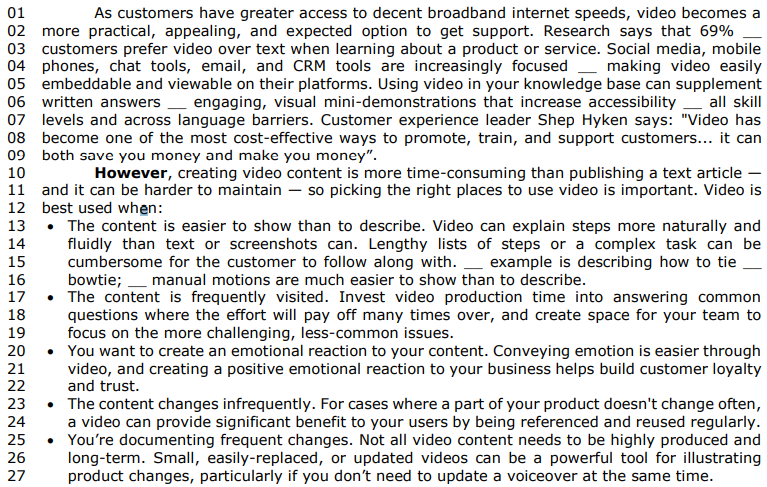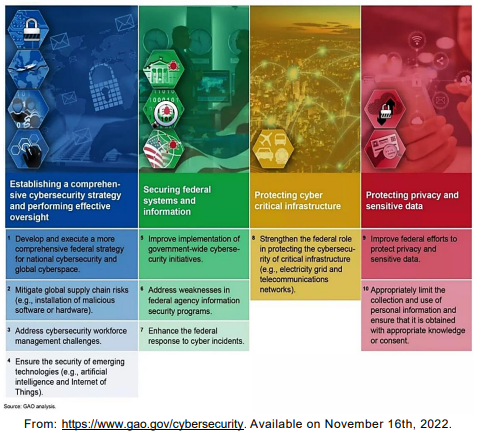Questões de Inglês - Preposições | Prepositions para Concurso
Foram encontradas 73 questões

Choose the alternative that contains the correct ones to complete the sentence.
Ten critical actions needed to address four major cybersecurity challenges:

The use of the preposition for in “1. Develop and execute a more comprehensive
federal strategy for national cybersecurity…” indicates
I. While both allow you to access your money, you may consider it easier to do so with checking accounts (1st paragraph). II. In contrast, savings accounts have a limit on the number of withdrawals you can make each month (1st paragraph). III. Most banks won’t allow people under the age of 18 to open a checking account without a parent or legal guardian as a co-owner of the account (2nd paragraph). IV. When it comes to setting aside money for a long-term need or goal, you should consider a savings account (3rd paragraph). V. There are also dedicated savings accounts for kids, though a parent or guardian is usually required as a joint owner (4th paragraph).
Now, choose the alternative that classifies these terms correctly and matches them with an appropriate synonym.
He might drive down my street.